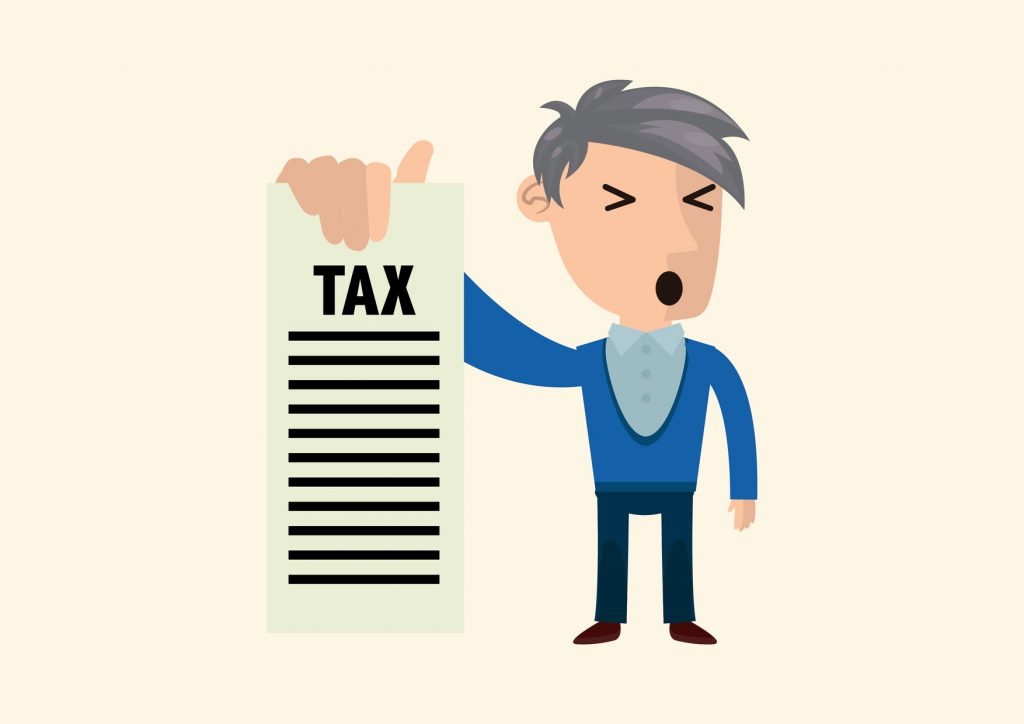It’s wonderful to start a business. And whether you end up just breaking even but having a blast, or eventually conquering a new industry or challenging an existing one, the fact you have a business is remarkable in itself. Yet, small or large, there are some rules that all businesses must play by. While it may seem unfair that your selling on Etsy is subject to the same rigour as household names, it just means that everyone plays by the rules as much as possible.
So, what considerations do you have to take into account when you are selling crafts, vintage clothes, or your own wares online on sites like Etsy? The three main issues are ensuring you have your taxes in order, ensuring you have the right insurances, and making sure that you are protecting the data of those who use your site.
Paying Tax

All businesses need to pay tax; some just need to pay more than others. The benefit of having a smaller business is that your overheads will be lower – but this also means that your profit will be higher in comparison to your spending, so you’ll need to factor this in for the tax bill at the end of the year. Some companies make the most of the amount they need to make before paying tax and invest in further equipment for the business, while others offer charitable donations, which are counted differently on the tax form. There are different tax levies depending on the business, so it pays to have a good accountant who can make sure that your business is doing things by the book, while you are also reporting the right tax as a self-employed person.
Having Insurance
It pays to have insurance, even if you are a small business that operates on Etsy or eBay or even just on Facebook. If you are without insurance, you could be personally liable for any claims that are made for malpractice or faulty goods or services. So, having insurance means that if any claims are levelled, you have a degree of protection. The small business insurance cost you pay can vary depending on how much cover you need – from general liability insurance to commercial auto insurance and professional liability insurance. Many who operate solely on Etsy or even just offer advice eschew the idea of insurance, but if you are operating as a business and providing anything as this business, you can be hit with the law. Ultimately, insurance will help you get back on your feet in case any issues arise.
Data Protection

Small businesses may not handle or store as much data as larger ones, but you still need to ensure you abide by global, federal, and state-level data protection protocols. For instance, if you are privy to sensitive financial information or private information such as a customer’s name or address, as a business you will need to safeguard this to ensure it is protected. The EU-wide GDPR means anyone doing business with anyone who lives in Europe, even if they’re just a one-off customer, needs safe and secure records of their financial and sensitive information. Not reinforcing your data policies against this could lead to you being levelled with a fine or could cut out a whole portion of people to do business with.
It may seem like you have a lot to think about when you launch a business, but a lot of the above can be covered by professionals you would likely consult anyway. Chambers of commerce will be happy to help indicate what insurances you might need, while accountants can handle the tax for you. Even appointing a data officer or just wising up on how to look after data could end up being a blessing for your business.
